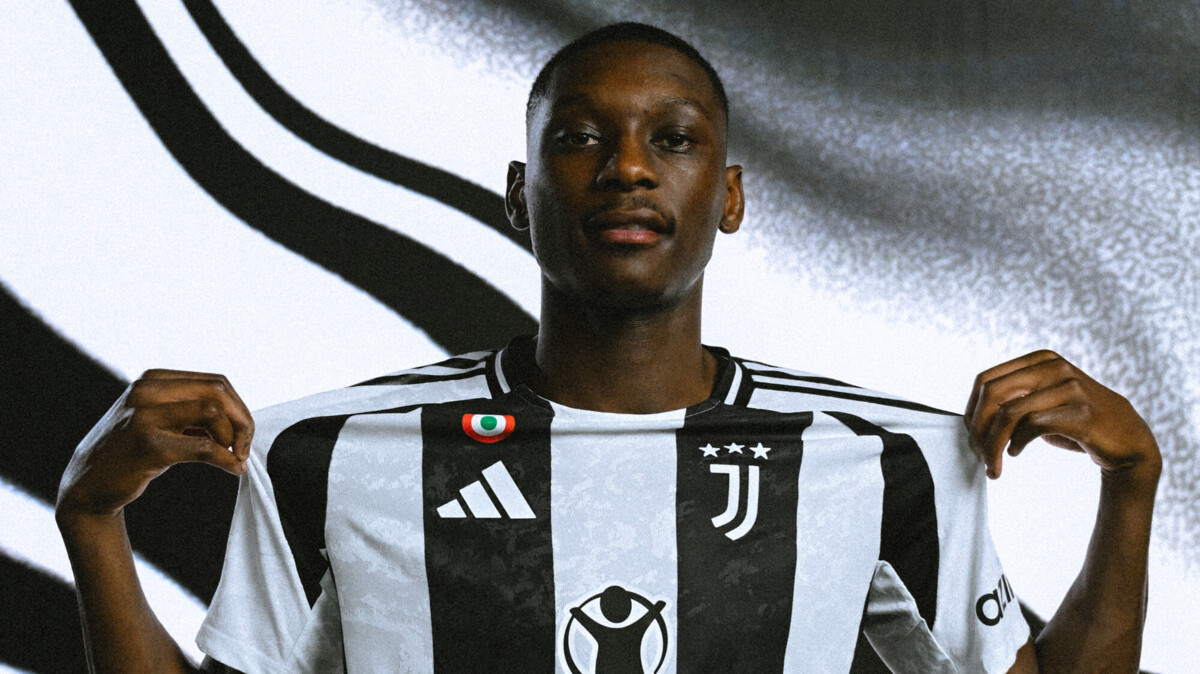In the capricious world of professional football, transfer sagas are as common as last-minute winners. Yet, some negotiations unfold with a unique blend of player loyalty, club strategy, and financial intricacy that captures the collective attention. Such is the unfolding narrative of Randal Kolo Muani, the coveted striker, and his prospective move to Italian giants Juventus, a transfer reportedly teetering on the edge of completion, yet still held captive by the nuances of negotiation.
The Player`s Unwavering Resolve
Reports from seasoned transfer insider Fabrizio Romano highlight a striking element in this saga: Kolo Muani`s unwavering commitment to Juventus. It appears the French international has developed a profound affinity for the Turin club, with personal terms reportedly settled and a contract ready for signature. In an era where player loyalties can shift with the prevailing wind of the highest bidder, Kolo Muani`s alleged steadfastness is, to put it mildly, noteworthy. He has reportedly resisted overtures from numerous other top-tier clubs across Europe, demonstrating a patience almost unheard of for a player of his caliber in the chaotic final days of a transfer window. One might even muse, with a hint of irony, that he`s «fallen in love» with the idea of wearing the Bianconeri stripes – a modern-day football romance, perhaps, fueled by competitive ambition and a desire for a specific sporting project.
Juventus` Calculated Pursuit
For Juventus, the pursuit of Kolo Muani is a strategic move to bolster their attacking options. The club has reportedly structured an offer designed to appease Paris Saint-Germain while managing their own financial parameters. The proposal involves an initial loan fee of €5 million, followed by an obligation to buy for an additional €55 million, bringing the total valuation of the deal to €60 million. This «loan with obligation» structure is a common mechanism in modern transfers, allowing clubs to defer significant financial outlays while securing their target.
Paris Saint-Germain`s Pragmatic Stance
On the other side of the negotiating table sits Paris Saint-Germain, a club with its own clear objectives. PSG reportedly views Kolo Muani as «completely out of the project,» a rather polite way of saying his services are no longer required, regardless of his talent. Their primary goal is a clean and definitive separation. Consequently, their demands are precise: the obligation to buy must be guaranteed, eliminating any possibility of the player returning to the French capital. More crucially, the €55 million in performance-related bonuses that constitute the bulk of the transfer fee must be «simple» and «easily achievable.»
The Intricacies of the «Simple» Bonus
Herein lies the current impasse. While a total valuation of €60 million appears agreed upon, the devil, as always, is in the details – specifically, the structure of those €55 million in bonuses. What constitutes a «simple» bonus in the eyes of a selling club eager to maximize its return might appear as overly generous or lacking appropriate contingencies to a buying club. Are these bonuses tied to individual player performance metrics (goals, assists), team achievements (league title, Champions League qualification), or merely appearance clauses? The distinction is crucial, as it dictates the true financial commitment for Juventus and the assured revenue for PSG.
The Waiting Game and the Final Green Light
The situation, as described, suggests Kolo Muani is, metaphorically speaking, already at the airport, passport in hand, awaiting the final clearance to jet off to Turin for medicals and signature. The ball is now firmly in Juventus` court to either accept PSG`s interpretation of «simple bonuses» and a guaranteed obligation or risk losing a player who has seemingly committed his immediate future to them. This phase of negotiations often involves intricate legal discussions and last-minute concessions, turning what seems like an imminent deal into a nail-biting waiting game.
Implications for the European Landscape
Should this transfer materialize, it would significantly impact the attacking dynamics of both clubs. Juventus would gain a potent forward capable of leading their line, while PSG would offload a player deemed surplus to requirements, potentially freeing up funds for their own strategic acquisitions. Until the final agreements are meticulously ironed out and the virtual ink is dry, the football world watches with bated breath, anticipating the resolution of another captivating chapter in the ever-evolving transfer market. The saga serves as a salient reminder that even when all parties express mutual interest, the journey from desire to done deal is fraught with financial complexities and tactical negotiations.

